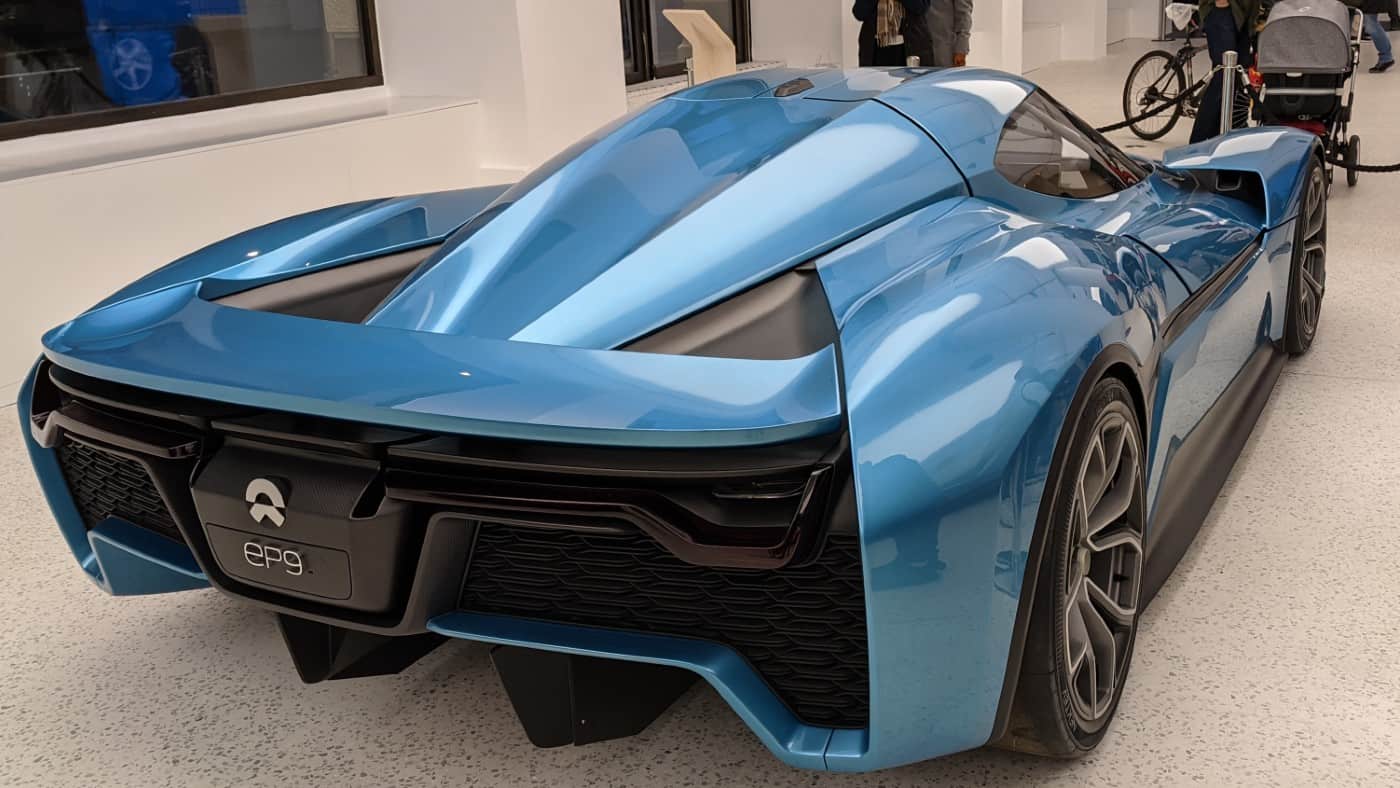Electric vehicle (EV) manufacturer NIO (NYSE: NIO) hogged the headlines in 2020, rising over 1,100% throughout the year. However since then, the stock has seen over 70% shaved off its price. Since I last looked at NIO, it has fallen nearly 40%.
So, why has the Chinese manufacturer seen such a large drop in price? And is now the time for me to be buying NIO shares? Let’s take a look.
Why did the NIO share price fall last week?
Last week saw a continuation of the poor form NIO has seen in 2022 as the stock fell 11% amid the listing of secondary shares on the Hong Kong Stock Exchange. This was a procedure carried out to help mitigate the potential risk to NIO from Chinese regulatory pressures.
While investors initially liked the news — as last Wednesday saw a 12% rise in the stock’s price — after a disappointing debut trading day on Thursday, the shares closed 0.7% lower. This performance seems to have impacted the American market, leaving the NIO share price down nearly 12% on Thursday, and over 10% for the week.
Continuing growth
With this said, this drop in price may present an opportunity to buy. One tempting factor for me is NIO’s continuous growth in the expanding EV sector. Its latest delivery data showed that February deliveries saw a 9.9% year-on-year increase, with over 6,000 vehicles being delivered. And for the first two months of the year, they’re up 23.3% compared to 2021. As a potential investor, these are encouraging figures.
NIO share price risks
However, with an expanding sector comes competition. NIO has experienced large growth since its introduction to the stock market back in 2018. Yet as more manufacturers venture into the space the firm may find itself struggling to compete with more established competition. For example, Tesla’s Model Y was the top-selling premium SUV in China in February. And where the US firm ranked second for overall sales of new energy vehicles in China last month, NIO ranked eighth. This shows even domestically it may struggle. This is a worrying sign for me.
Rising interest rates also persist as an issue. In uncertain times like these, growth stocks tend to be the hardest hit, as a drop in confidence leads to investors switching their money to more stable stocks. This is clearly not good news for NIO.
On top of this, rising interest rates make debt more difficult to pay off. With a pile of over $6bn long-term debt, this is a further concern for the firm.
What I’m doing
A disappointing debut on the Hong Kong Stock Exchange is not good news for NIO. And coupled with the numerous challenges the firm currently faces, I think the road ahead may be a difficult one to navigate. Tesla’s Chinese dominance reflects the struggle NIO may have in solidifying its market share while rising interest rates negatively impact the business in numerous ways. As a result, I won’t be buying NIO shares today.








